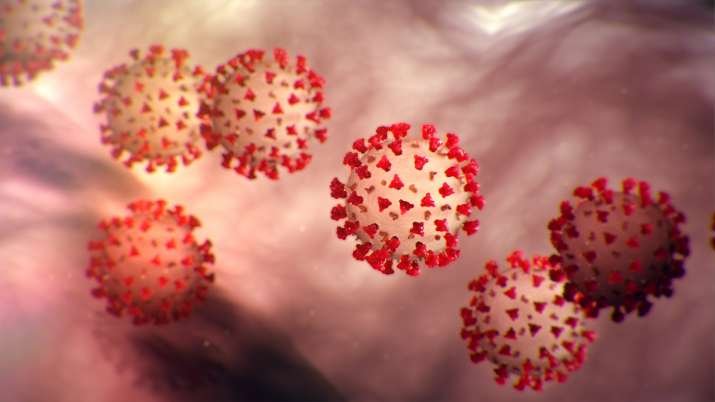
image credit- shutterstock
Australian scientists researching how our immune system responds to COVID-19 have revealed that those infected by early variants in 2020 produced sustained antibodies, however, these antibodies are not as effective against contemporary variants of the virus.
The research is one of the world’s most comprehensive studies of the immune response against COVID-19 infection. It suggests vaccination is more effective than the body’s natural immune response following infection and shows the need to invest in new vaccine designs to keep pace with emerging COVID variants.
Published in PLOS Medicine, the study was made possible by a partnership between the University of Sydney, Kids Research, Sydney Children’s Hospitals Network, the Kirby Institute at UNSW Sydney, Australian Red Cross Lifeblood, St Vincent’s Hospital and NSW Health Pathology, as well as other local and international collaborators.
The team analysed the serum of 233 individuals diagnosed with COVID-19 over 7 months and uncovered that the level of immunity over time is dependent on disease severity and the viral variant.
They show that antibodies developed during the first wave had reduced effectiveness against six variants, ranging from those observed in the second wave in Australia through to three variants of concern that have driven the global pandemic in the UK, Brazil and South Africa.
The research also revealed that antibodies generated after early infection displayed a significantly reduced antibody binding and neutralisation potency to globally emerging viral variants.




